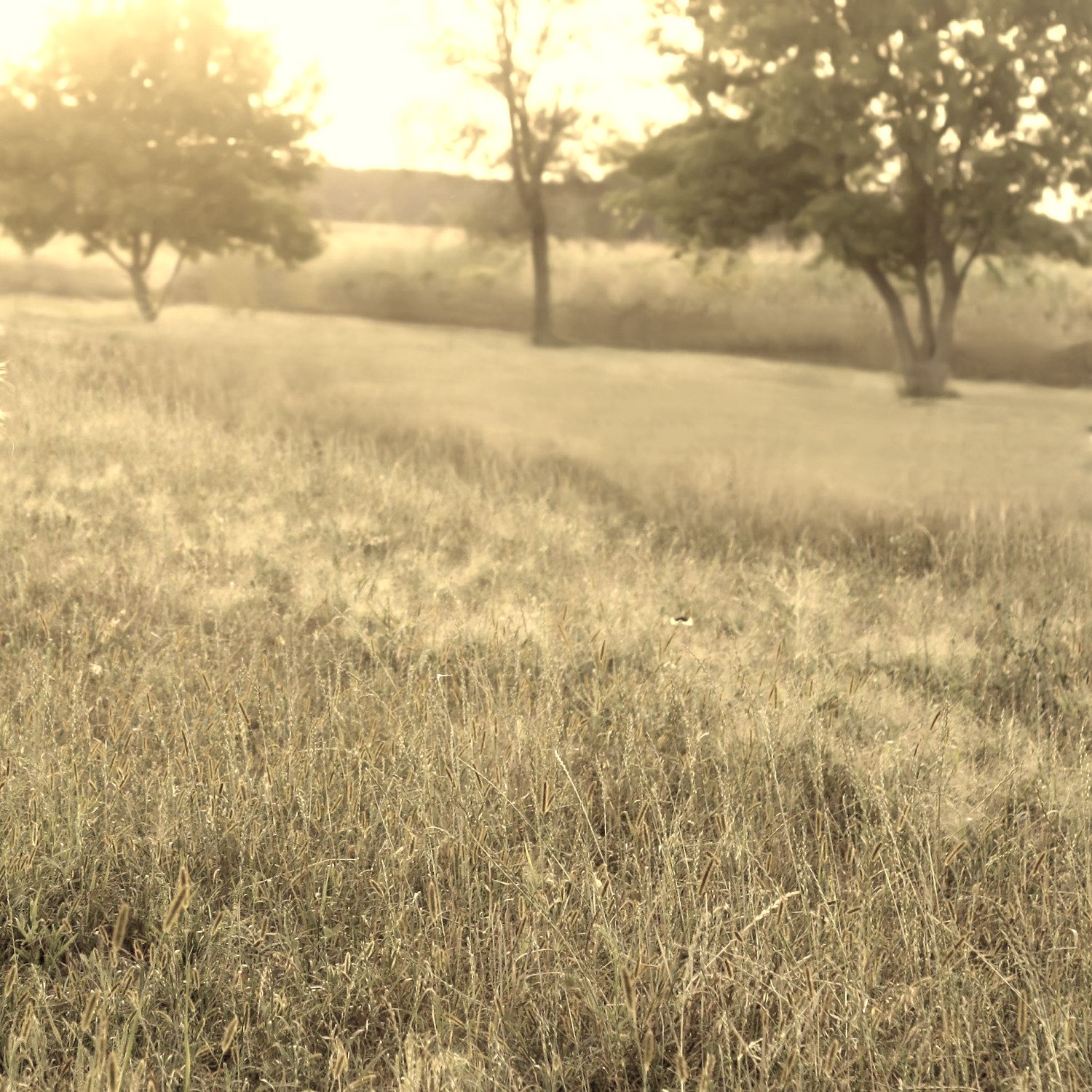When they’re injured or ill, a vet is always the best bet for your pet!
However, in an emergency, basic first aid treatments could stabilize your pet until you can transport them to Quarry Ridge Animal Hospital or to the nearest emergency clinic.
Remember that first aid is not a substitute for veterinary treatment—any first aid treatment should be followed immediately by veterinary care.
Important Tips
Pet First Aid Kit
Be prepared for an emergency by creating a pet first aid kit before you need it. If you and your pet spend time in the car or go on regular adventures away from home, it’s a great idea to keep one kit at home and one in your vehicle.
We packed our first aid kit in a durable 1.5 gallon plastic food storage container. A tool box, a tackle box, or a sturdy backpack are also good options. An ideal container is brightly colored and clearly labeled so that it’s recognizable and easy to find when you need it.
3% Hydrogen Peroxide Adhesive Medical Tape Clean Towels Digital Thermometer Exam Gloves Eye Dropper or Oral Syringe (without a needle) Gauze Rolls and Gauze Pads Hand Sanitizer Gel or Wipes Instant Cold Pack K-Y Jelly or Surgilube in single-use packets Milk of Magnesia or Activated Charcoal Muzzle | Non-adhesive Bandages Pet Emergency Contact Information Pet’s Medical Records Saline Solution Scissors Sealed Bottled Water Self-adhering Medical Wrap (Vet Wrap) Spare Leash & Collar and/or Location of Pet Carrier Styptic Powder Supply of Pet’s Chronic Meds Tick Comb and/or Tick Remover Tool Triple Antibiotic Ointment in single-use packets |
Pet Emergency Information
One item you’ll want to include in your first aid kit is a Pet Emergency Info card with vital information about your pet and contact information for Quarry Ridge Animal Hospital, the emergency clinic closest to your home, Animal Poison Control, and phone numbers for local police and fire departments and Animal Control.
You can also find important information like your pet’s vaccine history, the names and dosages of their current medications, their most recent weight, and their microchip number in your online Pet Portal or the MyPetsWellness mobile app.
Be prepared by writing this information down before you need it! We’ve created a printable Pet Emergency Info card that you can fill out and keep in your first aid kit or on your refrigerator. Simply download and print the document, fold on the white dotted line, trim the white border, and glue or tape along the edges to create a double-sided card with a First Aid Kit checklist on the back!
A
Arum Lily
Autumn Crocus
Australian Flame Tree
Avocado
Azalea
B
Baneberry
Bird of Paradise
Bishop’s Weed
Black Laurel
Black Locust
Bleeding Heart
Bloodroot
Bluebonnet
Blue-Green Algae
Boxwood
Bracken Fern
Buckthorn
Bulb Flowers
Burdock
C
Cacao
Camel Bush
Caladium
Calla Lily
Cardinal Flower
Chalice
Cherry Tree
Chinaberry Tree
Clematis
Cocklebur
Coffee
Coral Plant
Coriander
D
Dieffenbachia
E
Easter Lily
Elderberry
Elephant Ear (Taro)
English Ivy
Eucalyptus
Euonymus
F
False Hellebore
Flame Tree
Felt Plant
Firethorn
Four O’Clock
Foxglove
G
Glottidium
Golden Chain
Ground Cherry
H
Heaths
Heliotrope
Hemlock
Henbane
Holly
Honeysuckle
Horse Chestnut
Horsetail
Hydrangea
J
Jasmine
Jimsonweed
L
Lantana
Larkspur
Lily of the Valley
Lupine
M
Marijuana
Mandrake
Mexican Poppy
Milkweed
Mistletoe
Mock Orange
Monkshood
Moonseed
Morning Glory
Mountain Laurel
Mushrooms
N
Nightshades
O
Oak
Oleander
P
Periwinkle
Philodendron
Pigweed
Poinciana
Poinsettia
Poison Ivy
Poison Oak
Pokeweed
Potato Shoots
Privet
Pyricantha
R
Rain Tree
Ranunculus (Buttercup)
Rape
Red Maple
S
Snowdrop
Spurges
Sweet Pea
T
Tansy
Tobacco
V
Vetch
W
Wisteria
Y
Yellow Jasmine
Yews
|
ASPCA Animal Poison Control Center |
24-Hour Emergency Veterinary Poison Hotline 888-426-4435 www.aspca.org |
| Ridgefield Operation for Animal Rescue (ROAR) |
|
Ridgefield Animal Shelter and Adoption Center 203-438-0158 www.roar-ridgefield.org |
| Danbury Animal Welfare Society (DAWS) |
|
Danbury Animal Shelter and Adoption Center 203-744-DAWS www.daws.org |
There are important steps to take to keep ourselves and our pets safe from unwanted interactions with Coyotes.

Please admire them from a distance. Coyotes should be given space and not harassed, fed, or closely interacted with. By respecting boundaries with wildlife, we can promote a healthier coexistence with these animals.

Keep your pet up to date on routine vaccinations. Rabies, Distemper, Parvo, and Leptospirosis are all carried by Coyotes. Pets can contract diseases through bites or scratches. Leptospirosis comes from standing water, like ponds and puddles.

By keeping your pet indoors/securing their shelter, you are reducing risk for your pet to be harmed by a predator. Coyotes view small pets as prey. Leaving pets in a fenced yard does not guarantee their safety, as coyotes can to jump over fences.
In closing, Coyotes are a beautiful opportunistic predator that we can live alongside in harmony if we take precautions. Remember, wild animals should be respected and admired from afar.